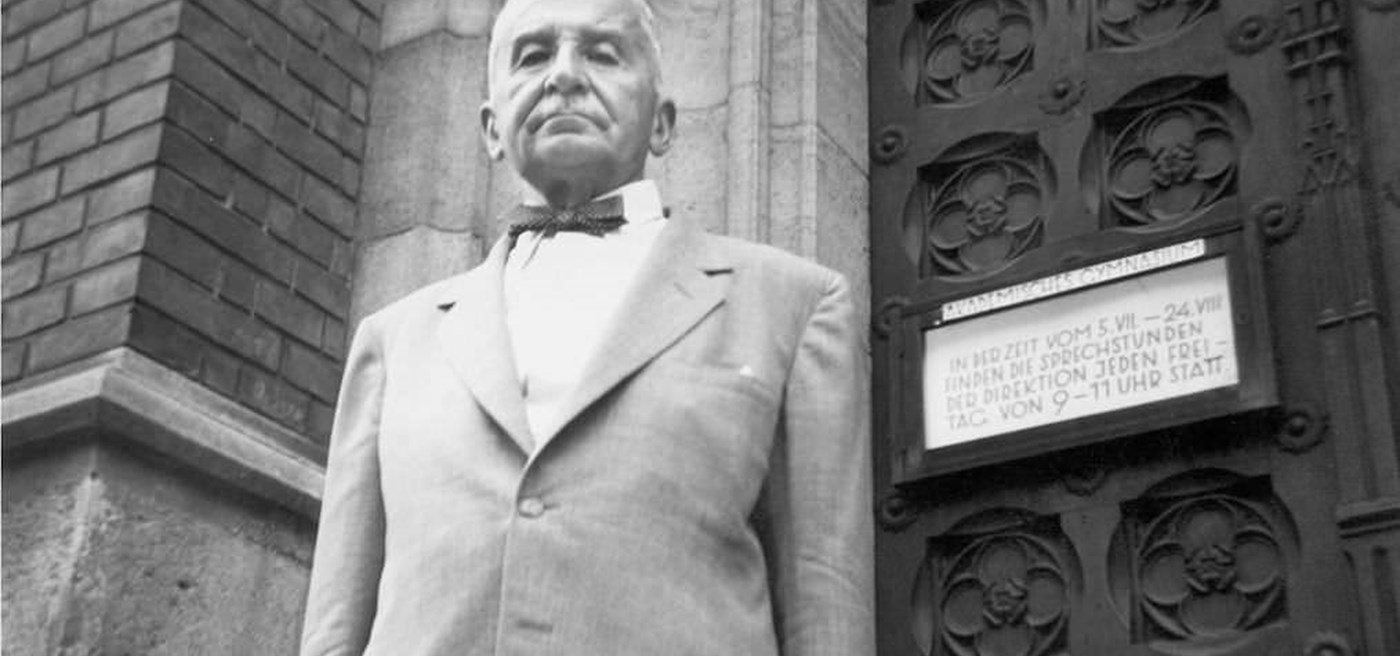
In his Mises, the last Knight of Liberalism [2007], Jörg Guido Hülsmann writes:
In the early summer of 1919, [Mises] led negotiations with representatives of the new—and as it turned out, short-lived—Communist government of Hungary, concerning the property rights of Austrian citizens in Hungary. The official leader of the Hungarian delegation was the ambassador to Austria, but this man rarely took part in the meetings and thus the real leaders on the Hungarian side were one Dr. Görög and one Dr. Polanyi1. Görög was a colorless bureaucrat without any strong political feelings, but Polanyi had a brilliant mind and was a convinced Communist who clashed at many meetings with Mises, often in long discussions of fundamental questions of social philosophy.
Hülsmann 2007, e. 4269
There is no reason to doubt that, for Jörg Guido Hülsmann, it is effectively Karl Polanyi since he adds in a footnote attached to this passage, five years
Much later, in February 1924, Karl Polanyi sent Mises his paper “Sozialistische Rechnungslegung” which had been published in the Archiv 49 (1922) and asked Mises for an offprint of his critique of this article. Polanyi by then lived in the 7th district in Vienna. His letter did not sound very clear (see Mises Archive 80: 87).
p. 1082 / emp. 14843
Considering Karl Polanyi’s biography, it is possible. He is in Vienna since June 1919, for medical reasons2, and, if he actually played a small role in the communist government in Hungary, within People’s Commissariat of Social Production, before he went, it is astonishing anyway to find him with this responsibility in Vienna during the Summer.
Still, if this is the case, the dialogue between Polanyi and von Mises would begun, then, in 1919. Von Mises would have been the first person Polanyi have debated in Vienna, before he answered to him in 1922, then to follow, but in a tacit way, to quarrel with him, and this until his last years during which the “catallactic triad” could not help but target von Mises’ philosophy.